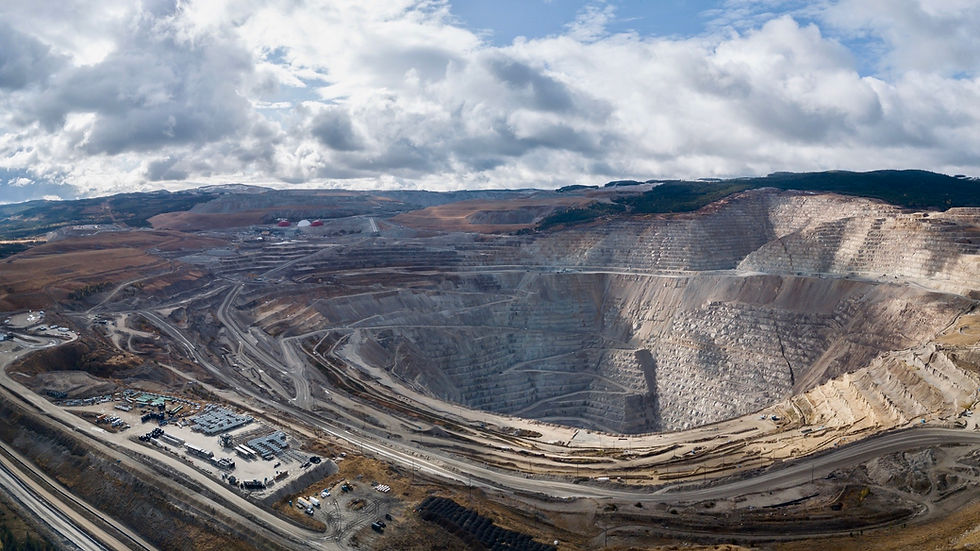Inter-American Commission Rules in Favor of SEITC — Transboundary Mining May Violate Human Rights
- Sonia Luokkala

- Sep 21, 2023
- 2 min read
Updated: Sep 29, 2023

Credit: Michael Penn. Several large-scale mining projects are proposed in the headwaters of the transboundary Taku, Stikine and Unuk Rivers. The Stikine is integral to several Southeast Alaska communities, including Wrangell, located at the mouth of the river.
Juneau, AK, September 21, 2023 — The Inter-American Commission on Human Rights (The Commission) has ruled to admit a petition from Southeast Alaska Indigenous Transboundary Commission (SEITC), that alleges Canada’s failure to regulate and prevent threats from large-scale mining operations in British Columbia constitutes a violation of SEITC member Tribes’ internationally recognized human rights.
“Tribes have drawn their food and traditions from these waters for thousands of years, and now Canada seeks to destroy that identity for the profit of large-scale industrial mines," said Ramin Pejan, senior attorney at Earthjustice, the environmental law organization that assisted SEITC in preparing the petition, "This ruling is a significant step forward and means that our human rights allegations are strong and have merit. The decision also rightfully dismisses all of Canada’s counterclaims.”
The petition was submitted in July 2020. Canada and British Columbia responded 11 months late, indifferent to the deadline and procedure set by one of the oldest human rights bodies in the Americas.
The Commission’s decision affirms that Canada has an obligation under international law to prevent activities by companies within its jurisdiction from violating human rights and causing transboundary environmental damage. The Commission finds that “The risk of pollution from the B.C. mines, if proven, could threaten the petitioners’ means of subsistence, health, culture, and well-being.” Mining development is expanding rapidly in the headwaters of the culturally significant Taku, Stikine and Unuk Rivers, which are part of Tribes’ traditional territory, now divided by the US-Canada border. Two hard-rock mining projects are currently operating with three others fully permitted, two more in permitting and a growing number in the advanced exploration stage. The B.C. Mines are already generating huge quantities of acid-producing and toxic waste products, posing the threat of polluting downstream waters with highly toxic heavy metals. That pollution could cause large and permanent declines in fish populations that Southeast Alaska Native communities have relied on for thousands of years.
SEITC Vice-President Rob Sanderson, Jr, said the decision is an important step towards holding Canada accountable for its actions. “Our member Tribes have the right to deep consultation on any development decisions affecting our territories. Canada’s actions imply disregard towards the inherent rights of Indigenous Peoples and the last remaining salmon rivers in the world.”
Now that the case is past the admissibility stage, SEITC and Canada have four months to prepare their responses.

Aerial view of an open pit copper mine in British Columbia, Canada.






